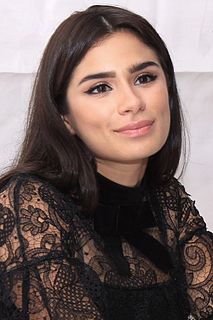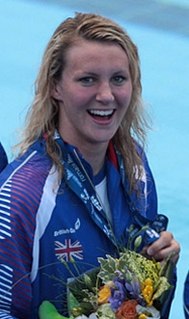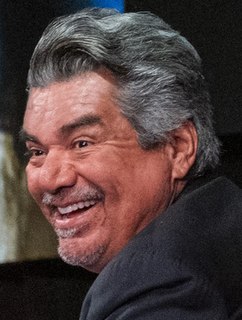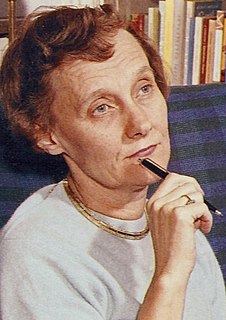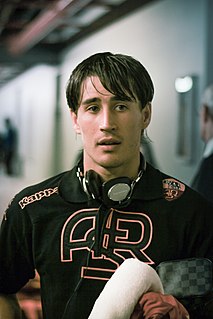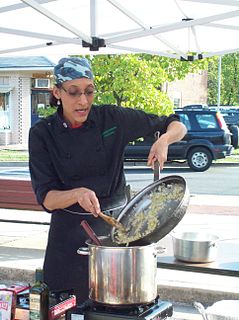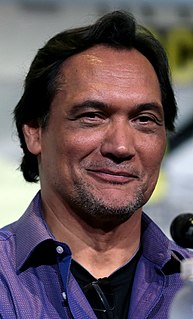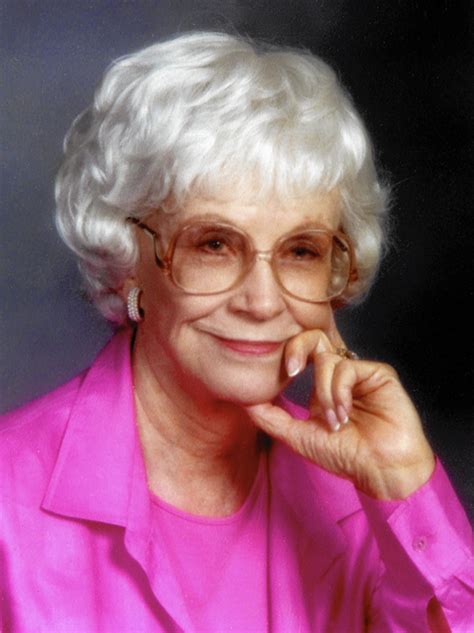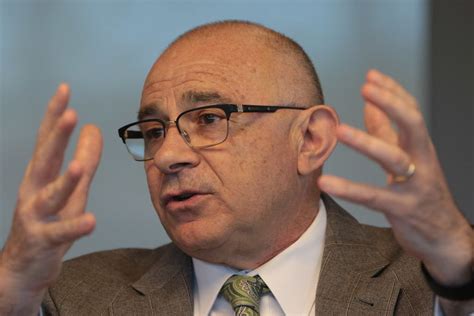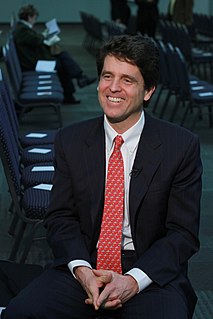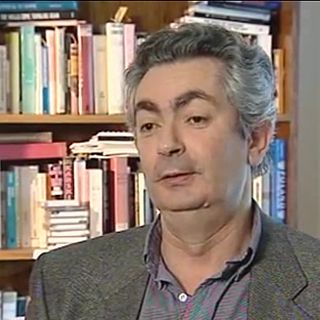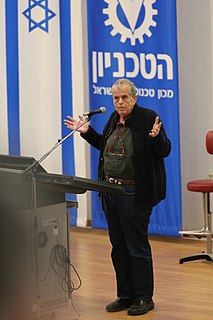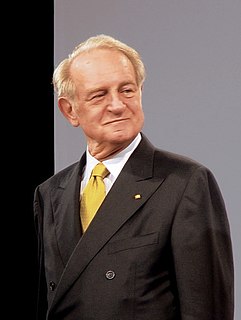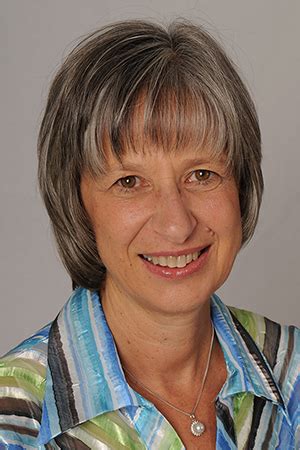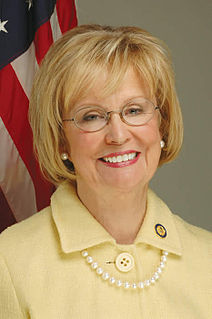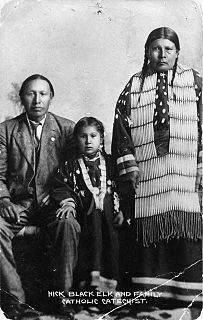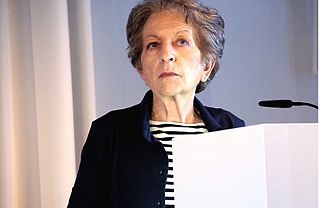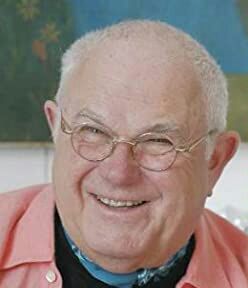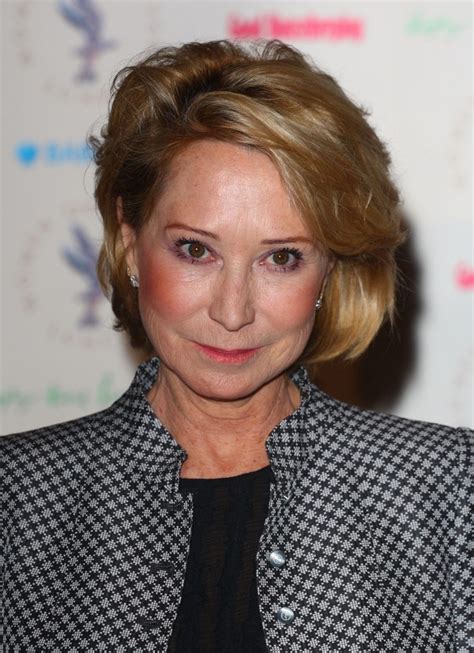Top 1200 Early Childhood Education Quotes & Sayings - Page 7
Explore popular Early Childhood Education quotes.
Last updated on December 12, 2024.
But then, look at me. My brain is incorrectly formed, and I'm shaped like a tube. Plus, I'm an alcoholic, a "survivor" of childhood sexual abuse, was raised in a cult and have no education. So, really, if you think about it, the only thing that separates me from the guy with the stinky foot and no teeth is a book deal and some cologne.
I played many matches and got experience very early. Did I lose some of my childhood? This is one of the things that I am more sensitive about and that touched me the most, because I am a family person. There are many moments that I haven't had the chance to enjoy with my family and also with my friends.
In any economy, the entire population is supported by the part of it that is working. All other things being equal, it thus follows that the most attractive acquisition a society can have is a young adult, whose childhood and education has already been paid for, but whose entire working life still lies ahead.
The food of my childhood was revolting because I was a child of rationing. However, I still managed to be a very plump child and, indeed, as a teenager, positively fat. In my early twenties I lost three stone in one summer using the only diet that works: the pure protein diet. I kept to it until I was about 50.
What is education? Properly speaking, there is no such thing as education. Education is simply the soul of a society as it passes from one generation to another. Whatever the soul is like, it will have to be passed on somehow, consciously or unconsciously, and that transition may be called education. ... What we need is to have a culture before we hand it down. In other words, it is a truth, however sad and strange, that we cannot give what we have not got, and cannot teach to other people what we do not know ourselves.
We are human behind and this part of our human nature that we don't learn the importance of anything until it's snatched from our hands. In Pakistan, when we were stopped from going to school, and that time I realized that education is very important, and education is the power for women. And that's why the terrorists are afraid of education. They do not want women to get education because then women will become more powerful.
Teaching in the upper elementary grades had given me a deep appreciation of the gifts and graces that are specific to individuals with ten or eleven years of experience as human beings. It is, I think, a magical time - when so much has been learned, but not yet enough to entirely extinguish the magical reach and freedom of early childhood.
In my early childhood, I was a performer by nature. I used to do puppet shows as a kid and entertain kids in classes and the teachers would make it a point that I was the entertainer of the class, but only after high school and in college that I started doing theater and acting classes, because I thought it would be fun.
I certainly don't think it's inevitable that we don't love children who don't carry our own DNA. If that were true we wouldn't have millions of successful adoptions to consider. I do think that it's harder to love a child when you come into that child's life after the unrequited passion of infancy and early childhood has passed.
Adolescence is a relatively recent thing in human history -- a period of years between the constraints of childhood and the responsibilities of adulthood. This irresponsible period of adolescence is artificially extended by long years of education, much of it wasted on frivolities. Tenure extends adolescence even further for teachers and professors.
The Russians have been flying long duration crews since the early '70's. And in the early days, they've ended at least two missions early because of conflicts within the crew. So, they learned early on the importance of studying this and making sure you put the right crew together. Since we began our work together on the International Space station with the Russians in the early 2000's, NASA has started to learn the importance of this kind of work. And so, I think it's important work and we are not fully onboard and recognize it as important.
Early childhood offerings vary, but everywhere in Europe and in Canada, they're far more generous than in the United States. Ukrainian dads may not change enough diapers, but their government offers paid maternity leave; practically free preschool; and per-baby payments equivalent to eight months of an average salary.
Some women have 'always' been lesbians. Others, like myself, have 'become' one. As much a sociocultural construction as it is an effect of early childhood experiences, sexual identity is nether innate nor simply acquired, but dynamically (re)structured by forms of fantasy private and public, conscious and unconscious, which are culturally available and historically specific.
Man has got to take charge of Man.... Then real education, including pre-natal education. By real education I mean one that has no 'take-it-or-leave-it' nonsense. A real education makes the patient what it wants infallibly: whatever he or his parents try to do about it. Of course, it'll have to be mainly psychological at first. But we'll get on to biochemical conditioning int he end and direct manipulation of the brain.
I counsel our children to do their critical studying in the early hours of the morning when they're fresh and alert, rather than to fight physical weariness and mental exhaustion at night. I've learned the power of the dictum, "Early to bed, early to rise." When I'm under pressure, you won't find me burning the midnight oil. I'd much rather be in bed early and getting up in the wee hours of the morning.
